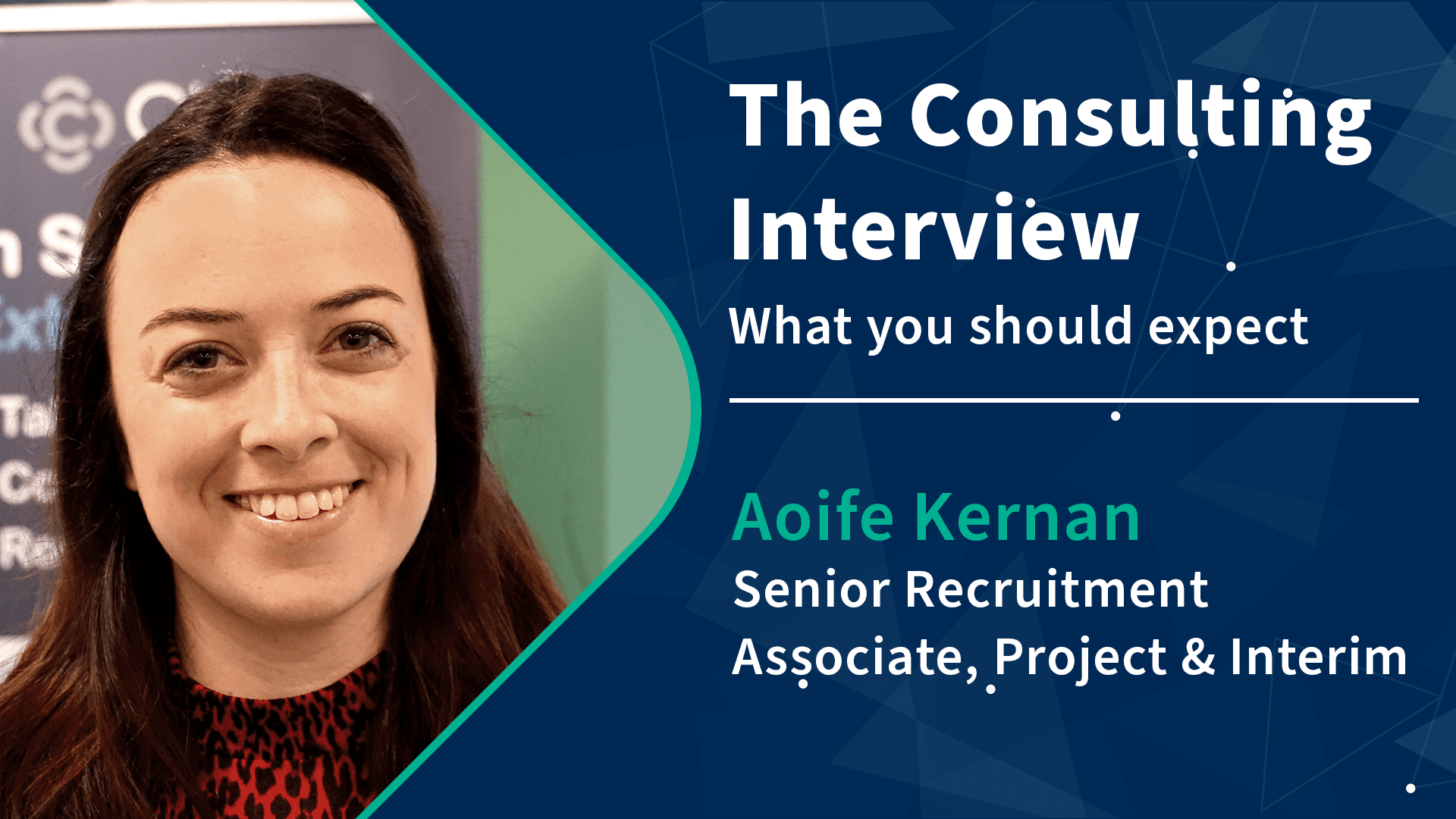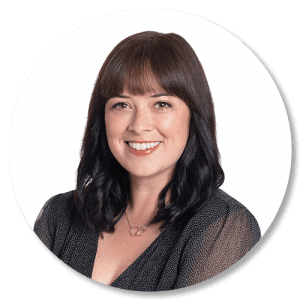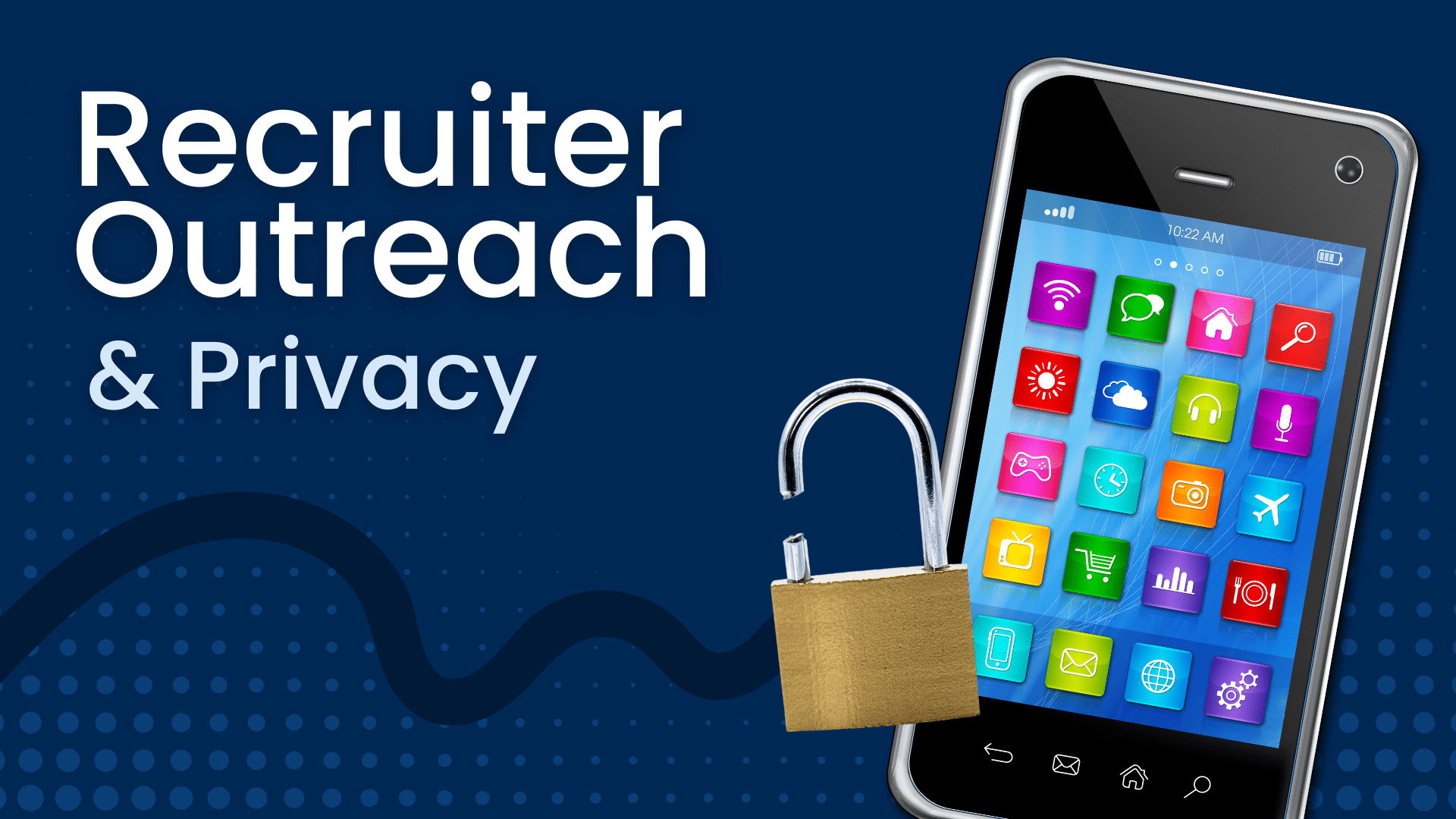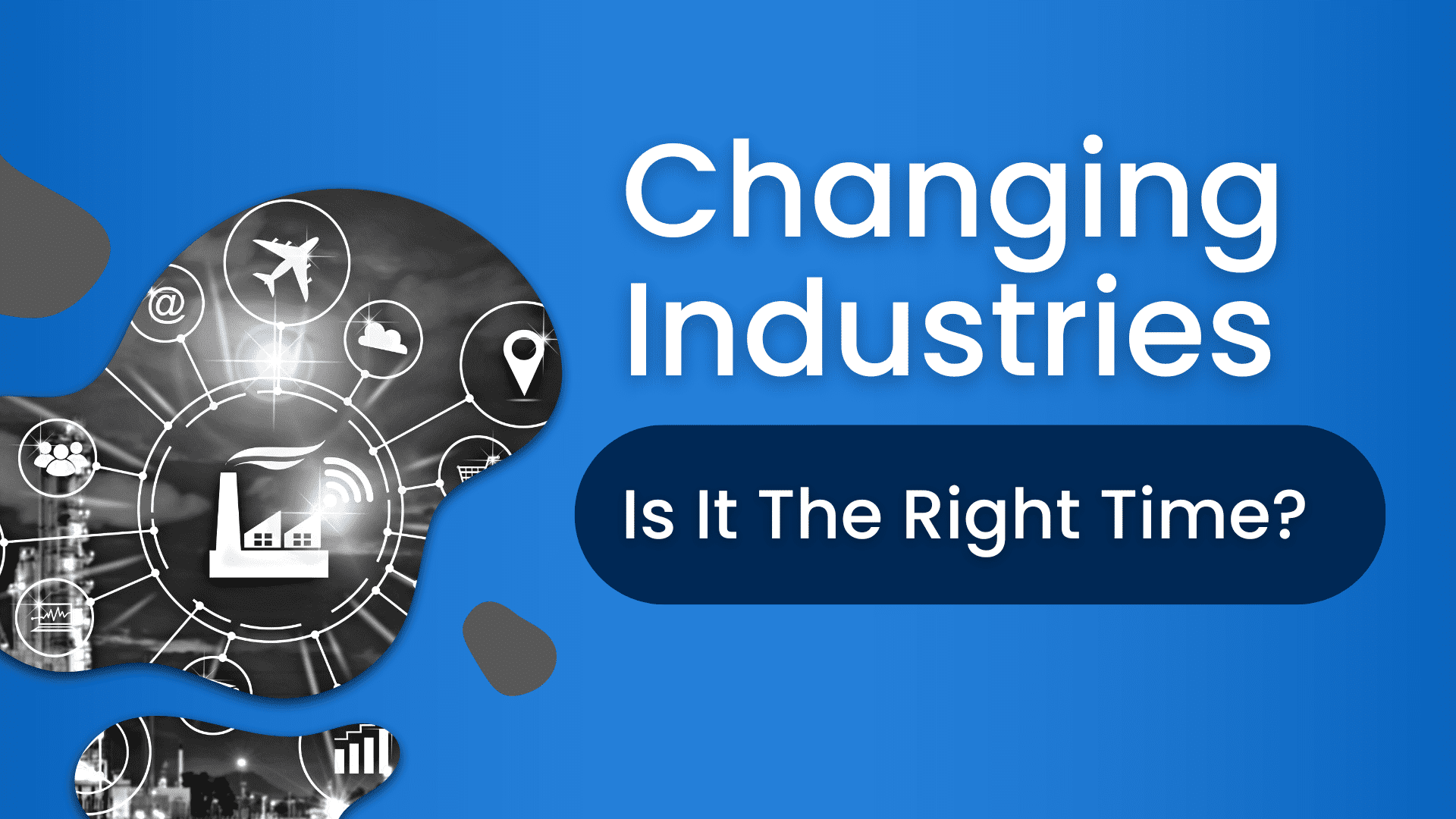Financial consulting is an exciting field to explore with a huge variety of opportunities for you to develop a thriving long-term career. The advantages of consulting are vast including greater variety of work, flexible schedules and potentially greater monetary compensation for your time.
However, one of the characteristics of this career path is that you may find yourself doing interviews more frequently than you would have in your permanent career. Doing multiple interviews a year can be repetitive and you may be wondering about the best way to prepare for success.
First and foremost it is important to note that the ‘consulting interview’ and the ‘permanent interview’ have some distinguishable differences. An interview for a permanent role typically focuses on your long-term career plans, cultural fit and growth potential, whereas the consulting interview is highly specific to the work you will be doing and focused on the short term results you can achieve.
Companies hire consultants as experts who are brought in to fix a problem or bring about change. In the interview, hiring managers will be more focused on assessing your subject matter expertise and your ability to drive change rather than your tenure at a previous company or what your 5-year career plan is.
Secondly, the consultants’ interview has a varied structure and length. We have seen some successful candidates have interviews that lasted 15 minutes and others that went on for 1.5 hours or more. That being said, the format you may come across most often is more of a discussion between two professionals rather than your typical question and answer style format. This discussion may follow this loose structure:
- A presentation of what the company is experiencing
- What the goal is for the consultant
- A discussion of how you can help achieve that goal, including prior experience examples
- Some behavioural style questions and/or case study style questions
Lastly, the consultant interview is all about assessing your ability to get results fast in challenging environments*. The hiring manager wants to know two things – #1 that you have achieved success in similar environments to theirs in the past and #2 that you will be able to achieve similar results for them now.
Part of this environmental assessment is understanding the intangible aspects of the companies you have worked with before, your comfort level with diving in at the deep end and your ability to ramp up quickly, usually with limited training. They will want to see a detailed demonstration of your past experience, contextualized to be relevant to the role you are interviewing for. Note, it can be hard to demonstrate relevant context without detailed knowledge of the company so feel free to ask the interviewer questions to give you better clarity on the company before answering.
It would also be useful to familiarise yourself with the ‘Challenge-Action-Result’ or ‘STAR’ answer techniques to help you demonstrate your experience appropriately and instill confidence in your potential employer that you can achieve the goals they have in mind.
*“Environment” refers to the more intangible aspects of the job, for example, the integrity of processes and procedures, “messiness” of system information, openness of the team to change, fluidity of decision-making processes, challenging company culture etc
Preparation tips
- Do a lot of research – read their news sections, review their financial statements, or at the very least the MD&A, if accessible.
- Take a critical look at the company, try to make some prior assessments or judgments which you can clarify in the interview.
- Use the job description to assess your relevant past experience and prepare several relevant examples to talk about
- Prepare some insightful project-specific questions for the employer. Ask yourself, what do you need to know to accurately assess your ability to achieve the mandate set?
- Focus on what you can do for the company rather than what they can do for you.
- Bring examples of your previous work, where appropriate – for example you could show a sample financial models you have built or pitch decks you have prepared for presentation. (*keep company information confidential!
While you are preparing for your consulting interview, the way you position your experience is different than you would have for a permanent interview. To help you prepare for the consulting interview, we’ve compiled a number of common topics in our handy guide, Ace the Consulting Interview – Sample Discussion Topics.
About the AuthorCheck out more of our popular articles on Career AdvicePopular Articles





